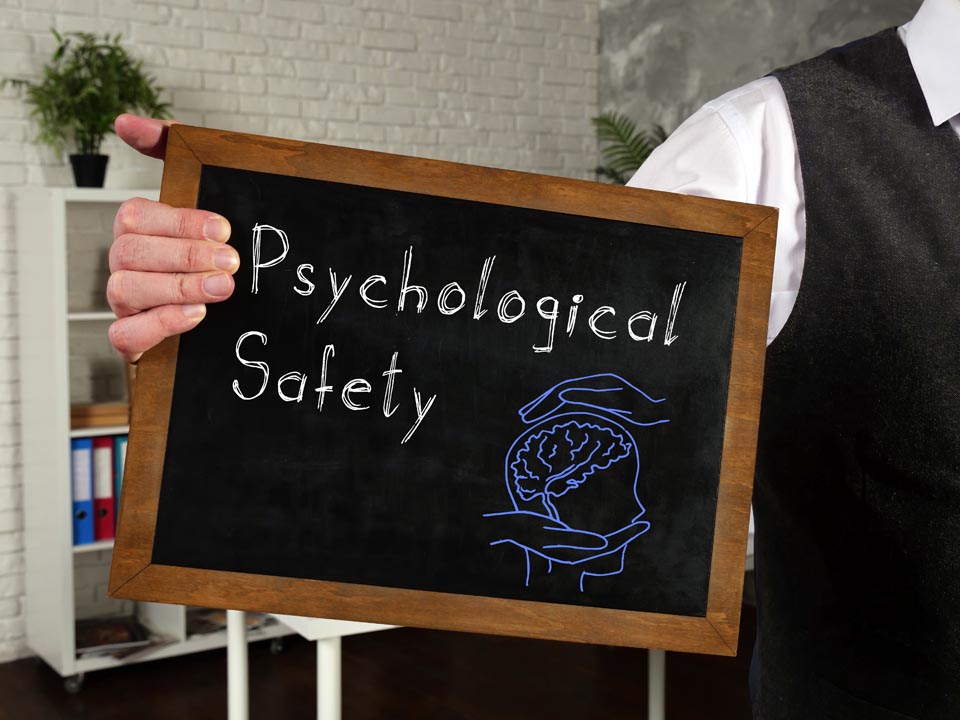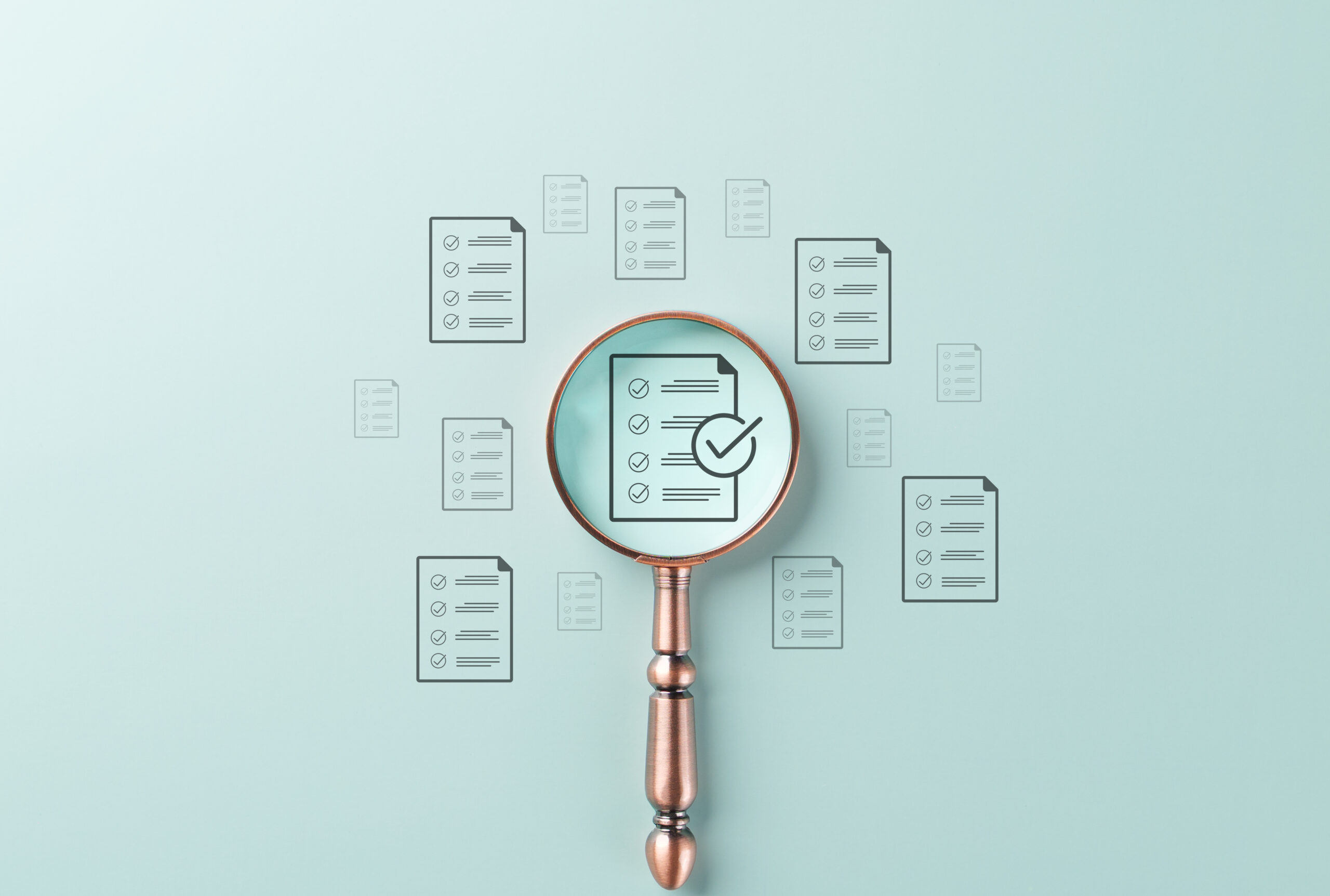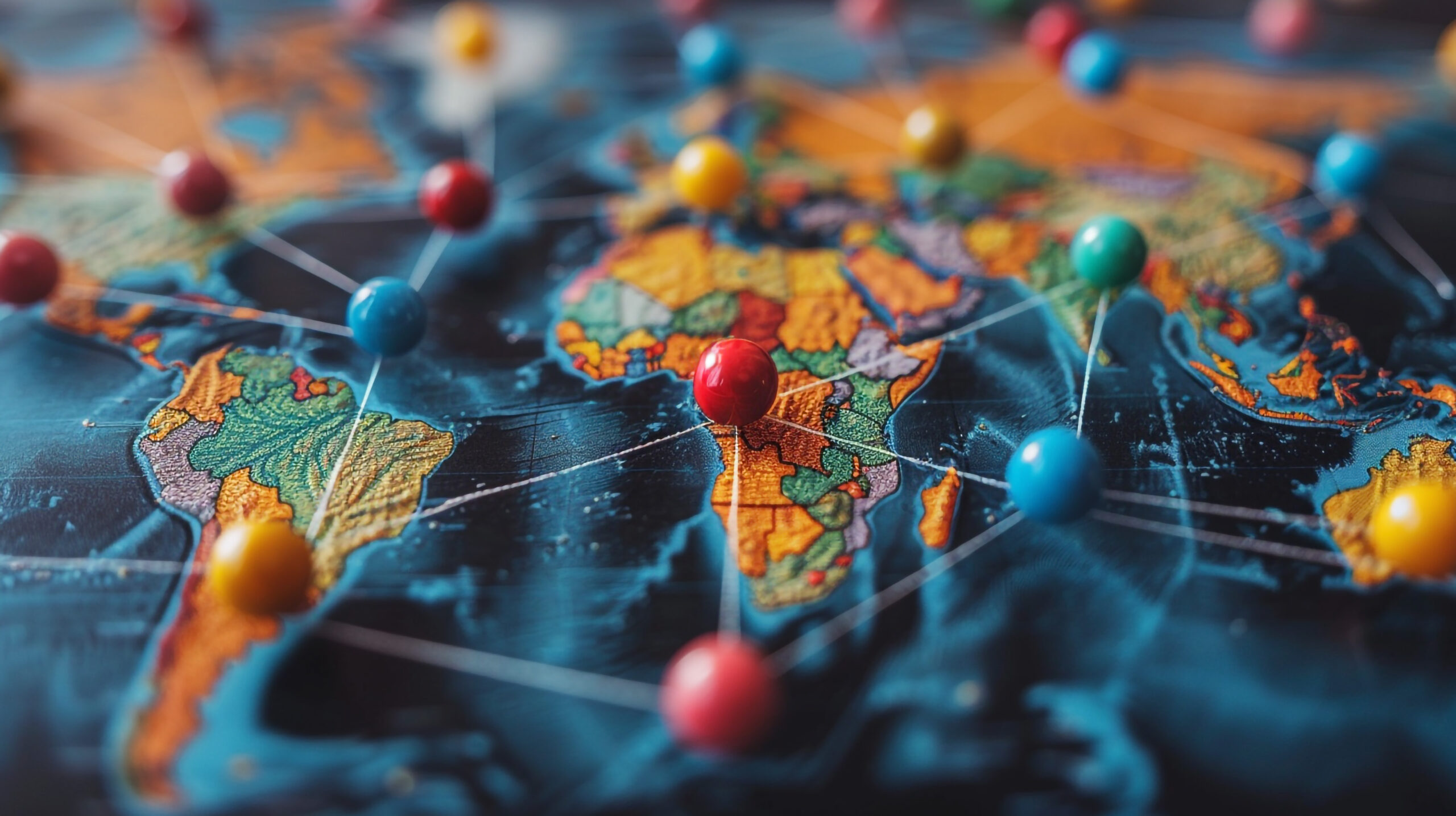Simon Blake on the importance of feeling valued and empowered to be our ‘whole self’ at work
When I feel safe at work, I am me without worrying about whether I am being judged. And when I am confident about that, I can be innovative. I push and stretch myself, and explore new ideas because my focus is on my work, not on worrying about what other people think of me.
This extract is not verbatim, but captures the essence of the presentation by one of the speakers who helped Mental Health First Aid (MHFA) England launch My Whole Self – a campaign for workplace culture change. And it also demonstrates why psychological safety is so important for every single workplace.
Psychological safety is one of five key elements that allow a team to excel. Teams that feel safe and connected work better together
Psychological safety isn’t yet perhaps a term that everyone immediately recognises, or indeed rolls off the tongue. I have been lucky to do two high-calibre leadership courses over the last decade. Neither of them explicitly mentioned the term psychological safety.
So, I did a quick WhatsApp poll of five 40 to 60-year-olds, who were all senior leaders in companies across different sectors. All had been on numerous high-quality leadership courses in the last five years. Psychological safety had not been explicitly discussed on any of them.
I carried out an equally robust (!) WhatsApp poll of three 15 and 16-year-olds. They go to three different schools in two different countries but, across the board, the concept of psychological safety does not appear to have found its way into the GCSE Business Studies (or equivalent) curriculum just yet.
What is psychological safety?
There are lots of different definitions of psychological safety; what they all share is the understanding that psychological safety involves being able to express who you are at work and feeling safe to learn, challenge and make mistakes.
Expressed like that, most of us – especially if we have grown up with prejudice or discrimination – would be able to draw on our experiences to describe what makes a psychologically safe workplace.
We could also draw on the impact of working somewhere that is or is not.
Throughout most of my working life, I have had good managers. In one of my first jobs, I knew pretty quickly, having met my manager and had my induction, that I wouldn’t be there long. I wanted out.
At the time I wasn’t aware that their actions had caused me to feel psychologically unsafe, but that is what had happened. I remember thinking they were ‘glass half-empty’, dour, darn rude and disrespectful. Whatever you call it, it wasn’t a recipe for success, and we were not a match made in heaven!
Why is psychological safety important?
Google’s landmark Project Aristotle study found that psychological safety is one of five key elements that allow a team to excel. Teams that feel safe and connected work better together. And when teams work well together, people think boldly and can develop new ideas and approaches, meaning that innovation and productivity surges. Psychological safety fosters employee wellbeing and creates more productive work environments.
How to create a psychologically safe workplace
Psychological safety relies on strong leadership and deliberate action. Exactly how will vary, as there is no one-size-fits-all solution. It requires a whole-organisation approach, led from the top and embedded in the DNA of the organisation.
The culture, reflected in policies and behaviours, should feel fair and inclusive. Leaders and managers should role model the behaviours they want to foster, including boldness, vulnerability and a willingness to make mistakes.
Leaders should expect mistakes to happen and, when they do, they should encourage reflection and learning. They must create inclusive spaces for all without fear or favour.
But it is not just down to leaders; everyone plays their part – leaders, managers and peers working together, through relationships and cheerleading each other.
My Whole Self
We created My Whole Self in 2019 and has gone from strength to strength. Designed to create supportive, positive and inclusive cultures built on psychological safety where everyone feels like they belong.
To date, more than 12, 000 people have downloaded our free resources and guidance and, last year over 200 organisations took part in My Whole Self Day.
Through the campaign we shine a spotlight on, and bring to life, the benefits of people being confident to express themselves, and provide activities, advice and guidance that can be used and adapted in workplaces of all shapes and sizes.
This year’s My Whole Self Day was on 12 March. You can still access MHFA England’s free resources including the new guide to creating inclusive workplace cultures. And you can also read this blog on the campaign history.
Simon Blake, CEO of Mental Health First Aid (MHFA) England




